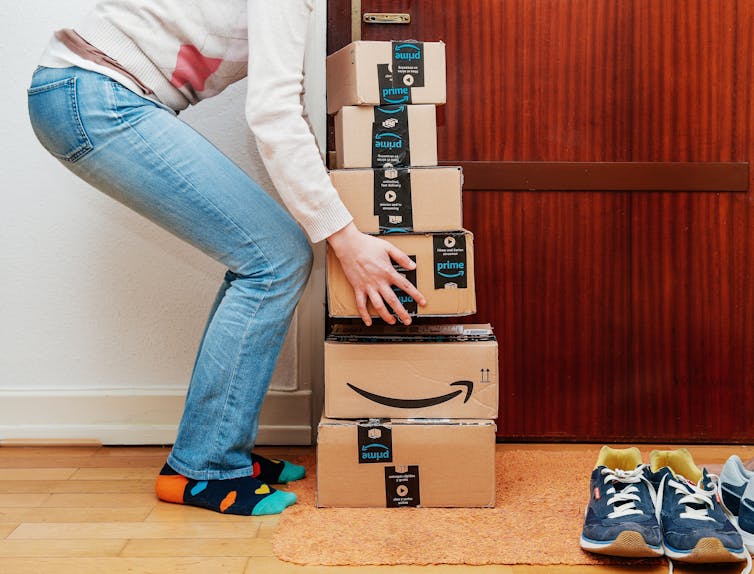Regretting a pandemic purchase? Your five ways to avoid buyer’s sorrow in the future
A recent survey found a one in ten Britons regret a pandemic valuables. The items people no longer aspire range from kitchen appliances to hottest tubs and, sadly, even pets .
The pandemic founded feelings of anxiety as people felt doubtful about what was going on. Anxiety in general fuels materialistic values that increase the likelihood which will make purchases. Materialists commonly purchase goods based on distinct imagined status , so it is obvious that many invested in expensive factors during the pandemic, as they taking in spending less money on things like travel and dining out.
Even as we return to “normal” life, liveliness levels are coming down and loving people no longer find the items in which bought desirable or suitable. Our life priorities are perhaps changing, and with them, every day material wants. Shoppers find out purchases based on the item’s capability to satisfy their needs. When merchandise is no longer desirable and they will need to purchase something new (that they may not be able to afford), “buyer’s remorse” kicks in for the more luxurious goods they bought previous.
During the pandemic, many a specialist turned to online shopping, by pick or necessity. This can perhaps in order to higher levels of regret as consumers are struggling to physically interact with the items these buy. When the package can come on the doorstep, it may not always be exactly what they wanted since expected, leaving people ambiance let down.

Avoiding buyer’s remorse
We can’t replace the past, but we can at least try to make better consumer choices such as in the future. There are a few things you can do in reducing the likelihood of wishing you had remember not to made a particular purchase:
1 . Experiences over problems
While buying new costume or toys may be satisfactory in the short term, paying for an experience – like going on pleasure trip or going bowling – is less likely to lead to buyer’s remorse. This is because an item should continuously be directly burn up other items you own that is cheaper or inferior in a roundabout way. An experience or activity is different to you and harder in order to.
2 . While visiting doubt, don’t buy
If you’re on the fence all around buying something, it’s far better resist. Studies show that people are generally not as likely to experience regret if they fail to buy one than they would if they ordered.
3. Enrich your life
Spend your marketing budget on items that are could possibly be self improvement . When purchases include linked to aspects such as society, healthcare, arts, entertainment and therefore education, people feel more satisfied with what they got.
4. Keep away from sales
Impulse looking for most often leads to regret . Can be difficult to stop yourself now for second an urge to celebrate, but there are precautions you may create. Stay away from sales and online promotion events like Holiday season and Cyber Monday. Before looking for, determine how much you can give up to spend and what you want to fork out it on – draw up a list and stick to it.
5. Think of others very
Instead of focusing on yourself and your wants, think about purchasing points for others . Giving gifts can be satisfying for both the giver aid receiver.
With Christmas coming up, people are likely to spend more as compared with they intend to on hannukah gifts and food. It is a professional time to reflect on what you can do to stop the possibility of buyer’s remorse. Adore the look tips should help you eliminate purchasing unneeded items maintain a more rewarding holiday food shopping season.
Regretting a pandemic purchase? Your five ways to avoid buyer’s sorrow in the future
Source: Article Updates PH

Mag-post ng isang Komento
0 Mga Komento